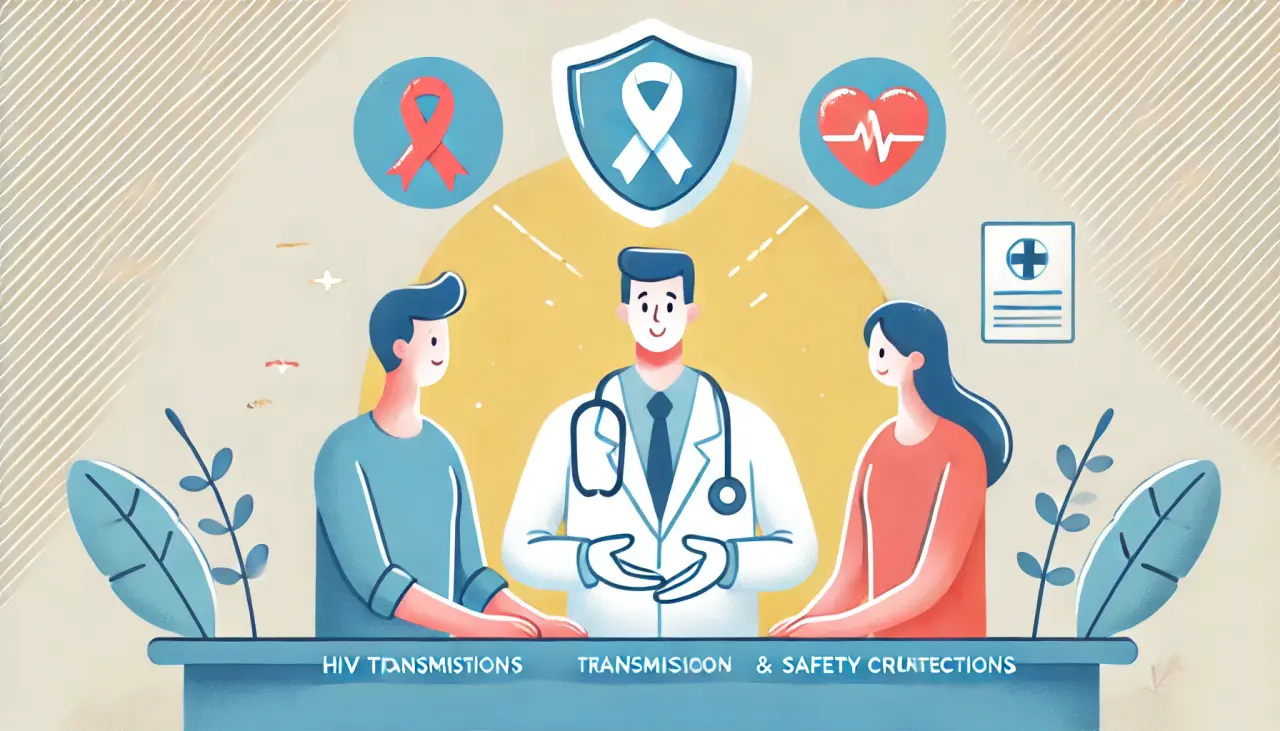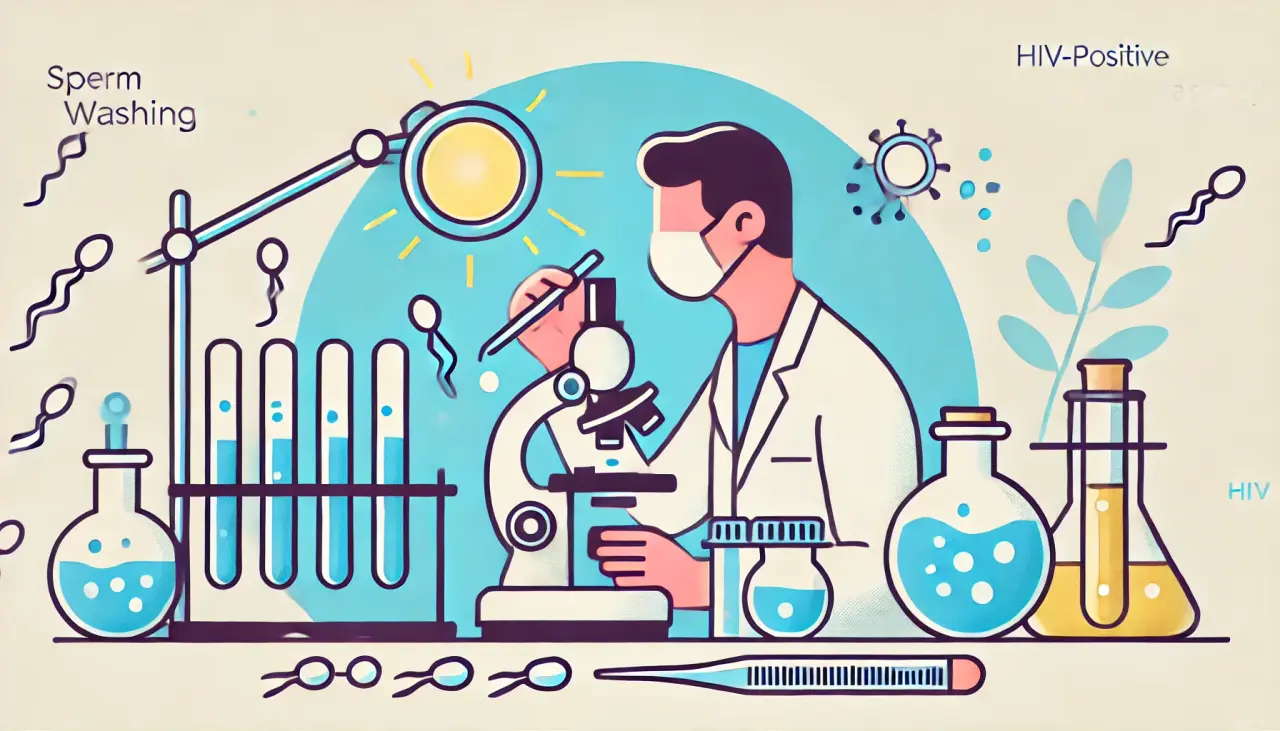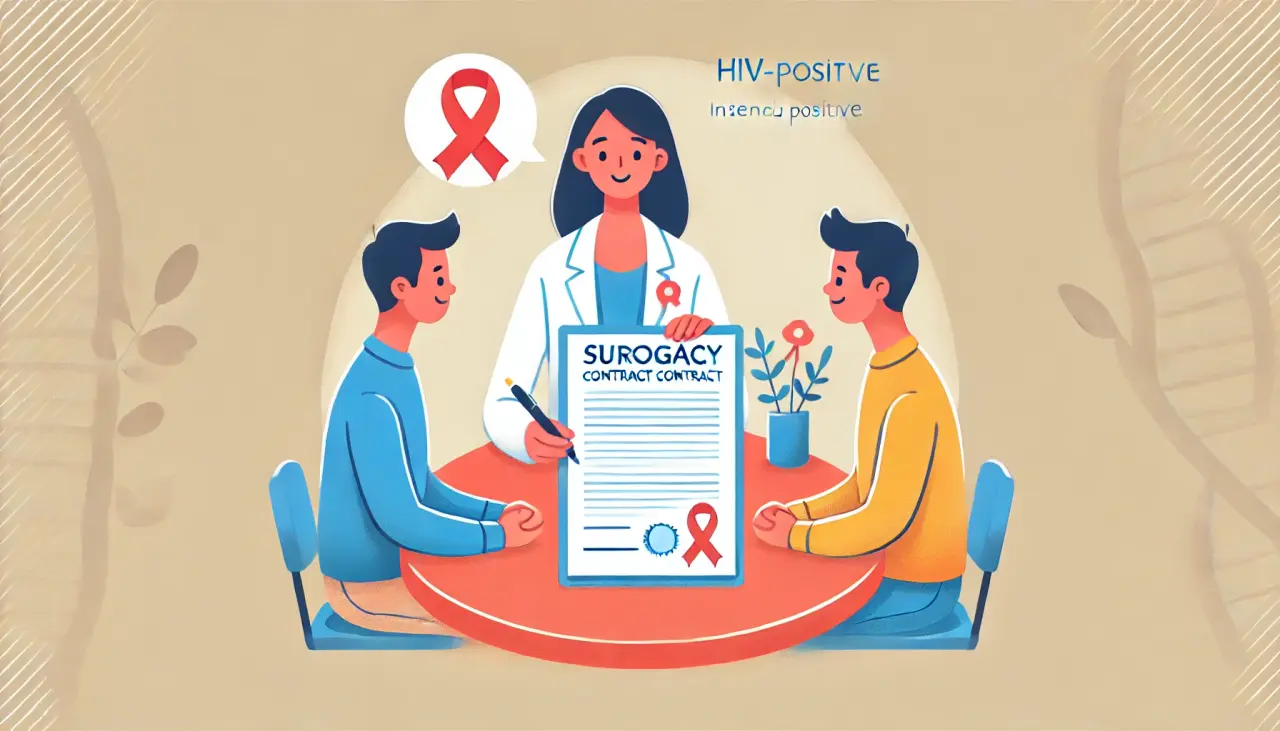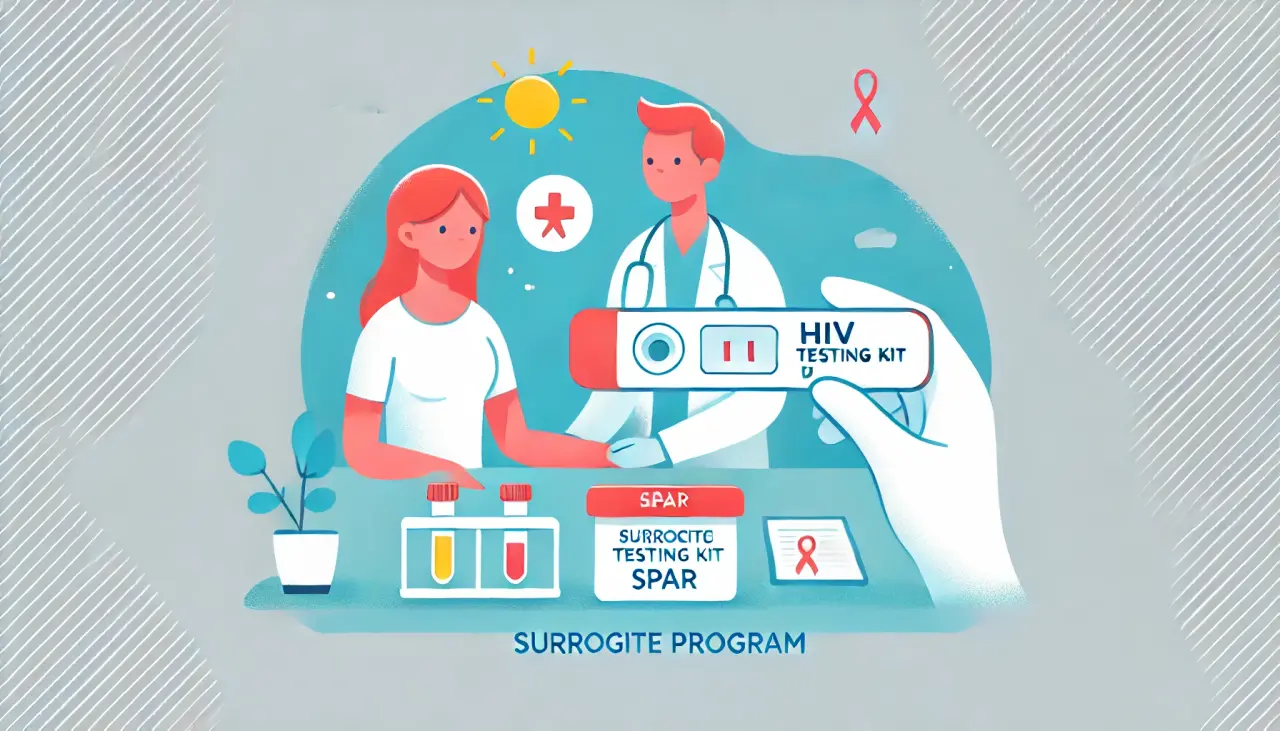
Surrogacy for HIV-Positive Parents: Safety and HIV Transmission Risks
Surrogacy offers HIV-positive parents a viable way to have children, but concerns about HIV transmission can make it difficult to find a surrogate. While many potential surrogates may hesitate due to misconceptions, advancements in medical technology have made the process safe for both the surrogate and the child. This article addresses HIV transmission risks in surrogacy and explores whether it is safe for a surrogate to carry a child for HIV-positive parents.
Addressing HIV Transmission Concerns in Surrogacy
A common misconception is that if a parent is HIV-positive, the child will also be born with HIV. Fortunately, with current medical solutions, the risk of HIV transmission is extremely low. Thousands of successful surrogacy cases involving HIV-positive parents have resulted in healthy, HIV-negative children.
For HIV-positive intended parents, it’s crucial to understand the science behind preventing HIV transmission during surrogacy, and how these methods protect both the surrogate and the child.

Is It Safe for a Surrogate to Carry a Child for HIV-Positive Parents?
The short answer is yes—it is safe for a surrogate to carry a child for HIV-positive parents. Although transmission is theoretically possible, there are no documented cases where a surrogate contracted HIV during surrogacy. Advanced medical technologies, including sperm washing and antiviral medications, are used to prevent any risk of transmission.
All surrogacy contracts disclose important medical details, allowing surrogates to make informed decisions. If a surrogate feels uncomfortable, she has the right to refuse participation in the surrogacy journey for HIV-positive parents.

How Does Sperm Washing Prevent HIV Transmission?
One of the most effective methods for reducing the risk of HIV transmission in surrogacy is sperm washing. HIV does not exist within sperm cells, only in the semen. Sperm washing removes the virus from the semen, leaving behind healthy sperm for in vitro fertilization (IVF). This process has been used successfully in thousands of surrogacy cases worldwide.
HIV-positive men provide multiple semen samples for testing, and the samples are processed through the Specialized Program of Assisted Reproduction (SPAR). The virus is removed from the semen, and the remaining sperm is used for IVF.
The Role of the SPAR Program in HIV-Positive Surrogacy
The SPAR program has helped thousands of HIV-positive individuals build families safely. This program is based in Boston and is specifically designed to protect surrogates and babies from HIV infection. It includes rigorous testing, semen processing, and ongoing monitoring during pregnancy.
Additionally, surrogates may be prescribed medication to further reduce the risk of transmission, although this precaution is typically unnecessary due to the effectiveness of sperm washing.

HIV Testing and Monitoring During Pregnancy
After the embryo transfer, surrogates undergo a series of HIV tests at 3 weeks, 3 months, and 6 months. These screenings are part of the SPAR program’s protocol to ensure that the surrogate remains HIV-negative throughout the pregnancy. Testing kits are provided directly to the surrogate for convenience and consistency in monitoring.